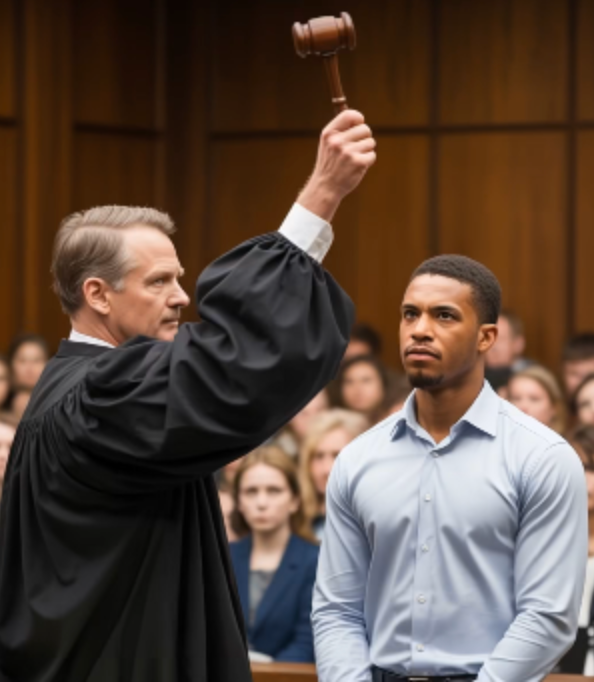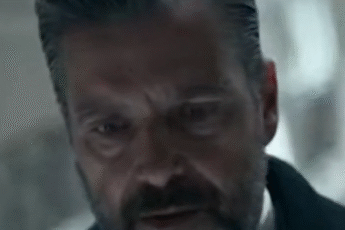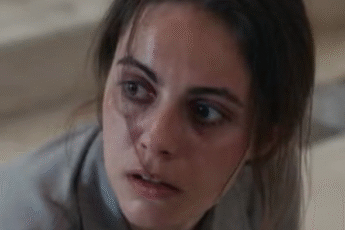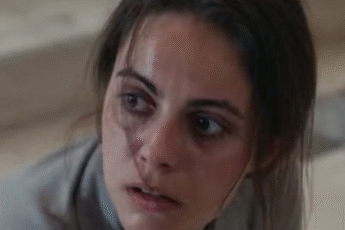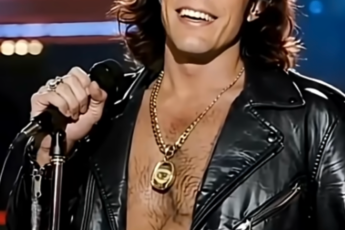The courtroom was filled with a heavy stillness, a silence so deep that even the air seemed afraid to move. The young man stood there in a crisp blue shirt, his hands cuffed, his eyes fixed on the floor. He wasn’t trembling, nor was he pleading. There was only calm acceptance in his posture—like someone who had already surrendered to fate.
Across from him stood the judge, a man seasoned by decades of seeing humanity at its worst and best. When he lifted the gavel, the wood felt heavier than ever before. The crowd held its breath as the words echoed through the room: “Sixty years.”
The young man closed his eyes for a moment, as though replaying every second of his life—his mother’s smile, his brother’s laughter, the soft hum of music he used to play on his old guitar. Then, quietly, he whispered, “I forgive you.”
It was not a cry of bitterness. It was a whisper of grace.
The courtroom froze. Even the judge, used to hardened criminals and courtroom chaos, felt something break inside him. That one sentence—spoken by the man he had just sentenced—echoed louder than the gavel’s fall.
Days passed, but the judge could not sleep. The words “I forgive you” followed him home, through his thoughts, into his dreams. He began to question everything—his judgment, the evidence, even the system that had shaped him. One night, unable to bear the weight of uncertainty, he reopened the case files.
What he found left him breathless. A crucial piece of evidence had been overlooked. A testimony misfiled. And there, in plain sight, was the proof that the young man was innocent.
The next morning, the judge didn’t wear his usual stern expression. His steps were fast, almost desperate, as he entered the courtroom again. When the young man was brought back in, he looked confused, unsure of why he was there.
This time, the judge’s voice trembled. “I made a mistake,” he said softly. “You should never have been here.”
Tears filled the eyes of everyone present. The young man, still calm, simply smiled. “We all make mistakes,” he said. “What matters is what we do after them.”*
The judge removed his robe and stepped down from the bench. It was not a sign of weakness, but of humanity.
In that moment, the courtroom no longer felt like a place of punishment, but of redemption. Two men—once divided by the weight of justice—stood equal in forgiveness.
Outside, the sky was bursting with light after days of rain. The judge watched as the young man walked free, the chains gone from his wrists but not from his soul—because forgiveness had already set him free long before the door opened.
And that day, everyone in that courtroom learned a truth far greater than any law could teach: justice means nothing without compassion, and forgiveness is sometimes the strongest verdict of all.
